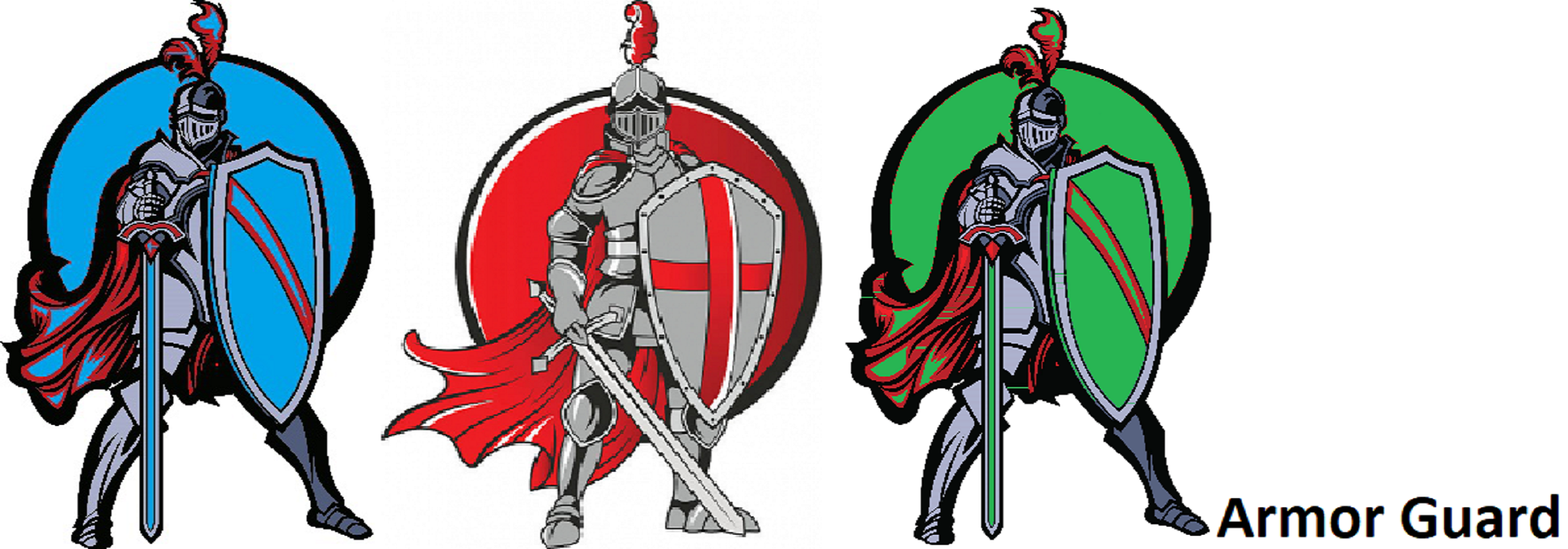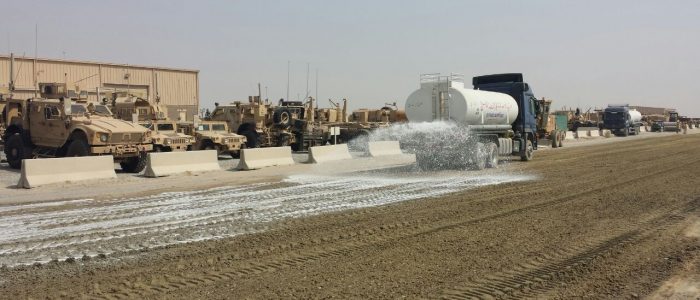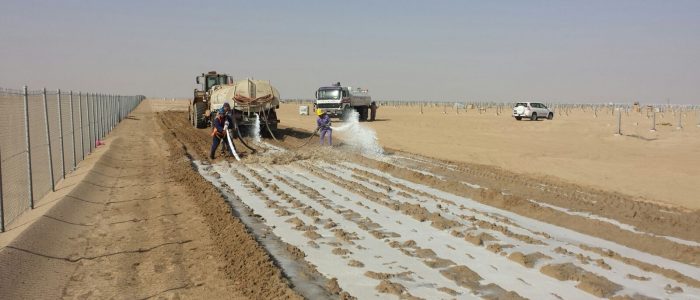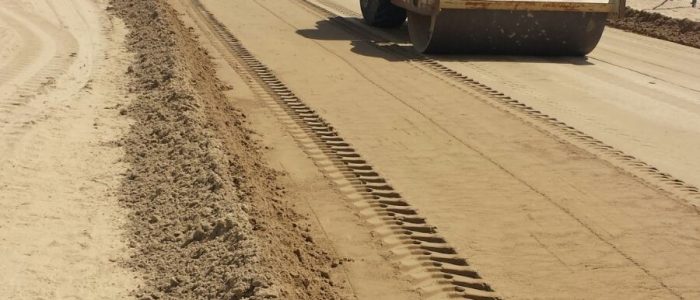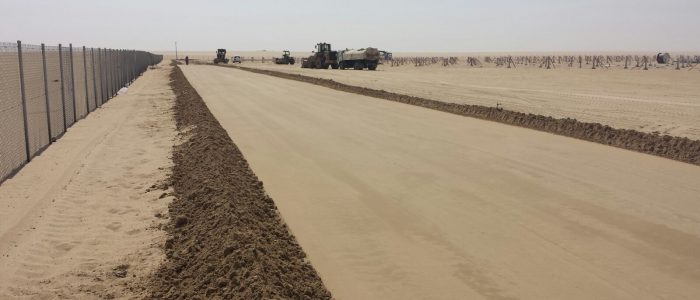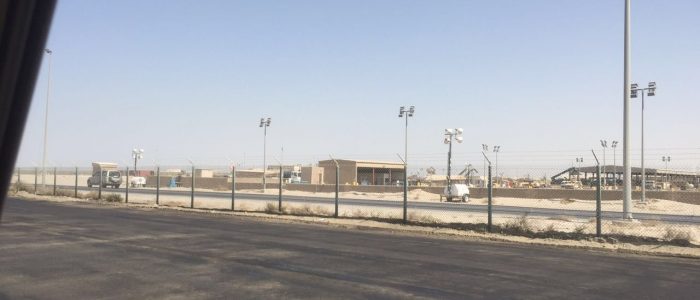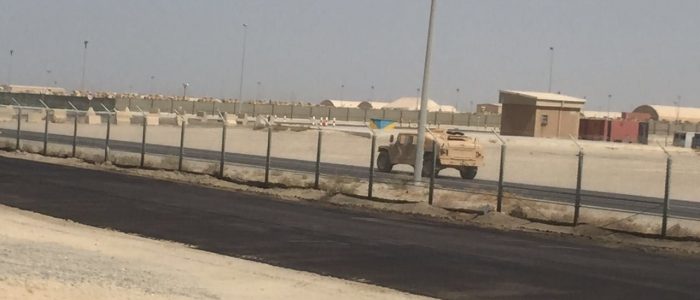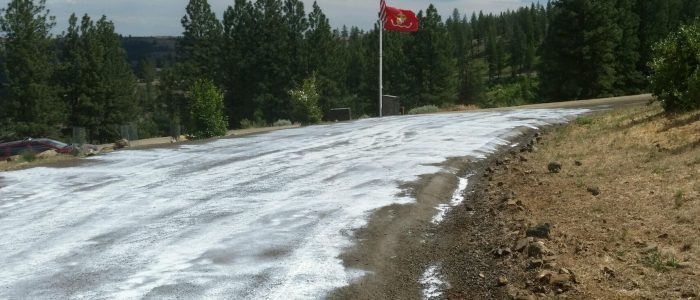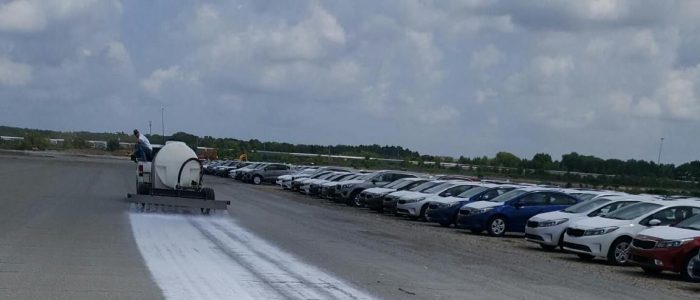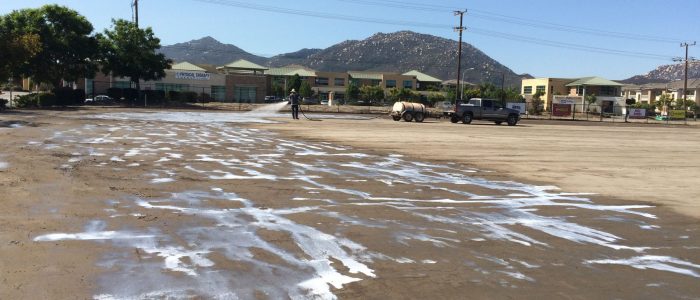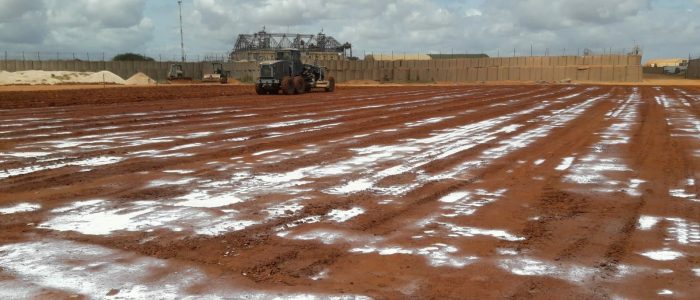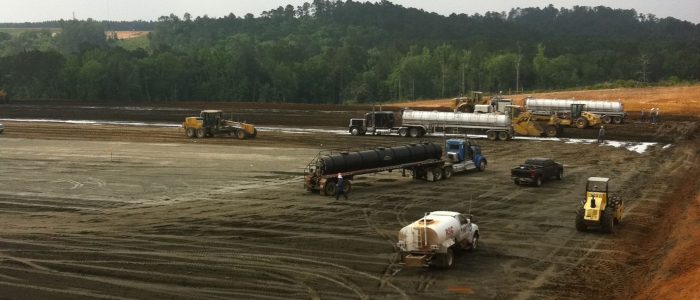
Roads
Supply roads built with Armor Guard will be vital to keep the traffic moving. Road deterioration and poor road conditions will impede moving supplies and equipment to their destinations. Polymer treated roads will have greater load capacity and will accommodate 90-ton tanks and troop carriers.
Base Camps
Untreated soils within and outside of base camps can become airborne and will affect the field personnel’s health, contaminate living quarters and damage the facilities mechanical equipment. Armor Guard will mitigate many of these issues.
Firing Ranges
Personnel and Tank firing ranges produce a lot of airborne dust. Personnel target ranges using Armor Guard to reduce dust will have better visibility and less mechanical damage to outdoor mobile target equipment. Tanks additionally produce an enormous amount of dust when firing and Armor Guard can be used in conjunction with military blast mats, in addition to not giving up the firing location.
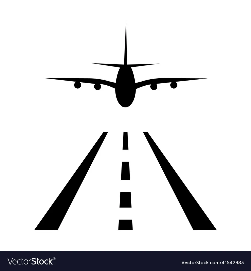
Landing Strips and Runways
Armor Guard soil stabilizers provide the highest strengths when tested in-situ soils to construct strong durable landing strips and runways in theatre or on-base. It’s increased flexibility and load bearing strengths performs with increased CBR strengths to pavement and concrete levels. It additionally reduces airborne dust that could impair pilot vision and/or damaging the aircraft.
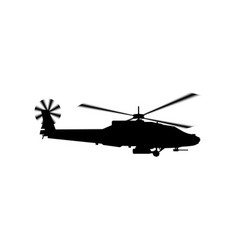
Helicopter Pads
Armor Guard will help prevent Brown Outs and FOD. The soil stabilizing polymers used are tough, durable and dust free in constructing landing. They will stand up to the exertion of high winds during landing and refueling traffic.

Parking Lots
Asphalt and concrete can be very cost prohibitive when building a simple parking lot. Armor Guard will provide a durable surface for continued parking with- standing wind, rain and snow at a fraction of traditional methods.
